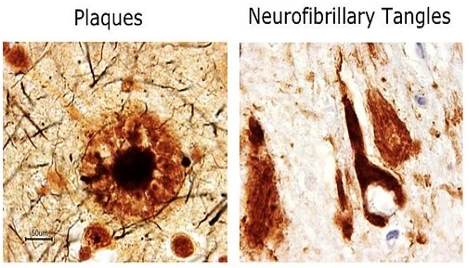
This article was contributed by Dr Raymond Ong Khar Fei, Consultant Geriatrician at Pantai Hospital
Klang.
To book an appointment or learn more about Dr Raymond Ong Khar Fei and his clinic, click here.
Answer: Dementia is an acquired brain dysfunction causing cognitive impairment and functional decline which is usually insidious in onset and progressive in nature
Answer: Most common to less common- Alzheimer’s Dementia (Majority) > Vascular Dementia > Rare (Parkinson Disease Dementia, Lewy Body Dementia, Frontotemporal lobe Dementia)
Answer: Characterized by progressive loss of synapses and neurons with Abnormal protein deposition of ᵦ amyloid and Tau protein.

Answer:
Early symptoms may include:
Memory loss that disrupts daily life- Difficulty with familiar tasks like cooking, managing finances, or driving.
These symptoms can be subtle at first, but they worsen as the disease progresses.
Patient with Dementia also will affect Mood or changes in behaviour, including withdrawal from social activities.
Answer:
Several risk factors have been identified:
Answer: There is no single test to diagnose Alzheimer’s. The diagnosis involves Clinical (Detailed History, Physical examination, Cognitive testing and other assessments) + Imaging (MRI brain, PET scan) + Biomarkers
Answer:
While there is no cure for dementia, but there are steps you can take to reduce the risk and slow down the progress of the disease.
Answer:
Nonpharmacological therapy > Pharmacological therapy
AIM to
Management includes- Geriatricians + Multidisciplinary (Nurse, Occupational therapist, Physiotherapist, Neuropsychologist, Speech and language therapist, pharmacist, Dietitian, Social worker, doctor)
Answer:
While some memory loss is a normal part of aging, Alzheimer’s disease involves significant cognitive decline that interferes with daily life.
Answer:
Yes, although Alzheimer’s disease is most common in older adults, there is a form called Early-Onset Alzheimer’s that affects individuals under 65, and sometimes even in their 40s or 50s. Early-onset Alzheimer’s tends to progress more rapidly than the late-onset form.
Answer:
Alzheimer’s can severely affect an individual’s ability to manage daily tasks.
Families should:

